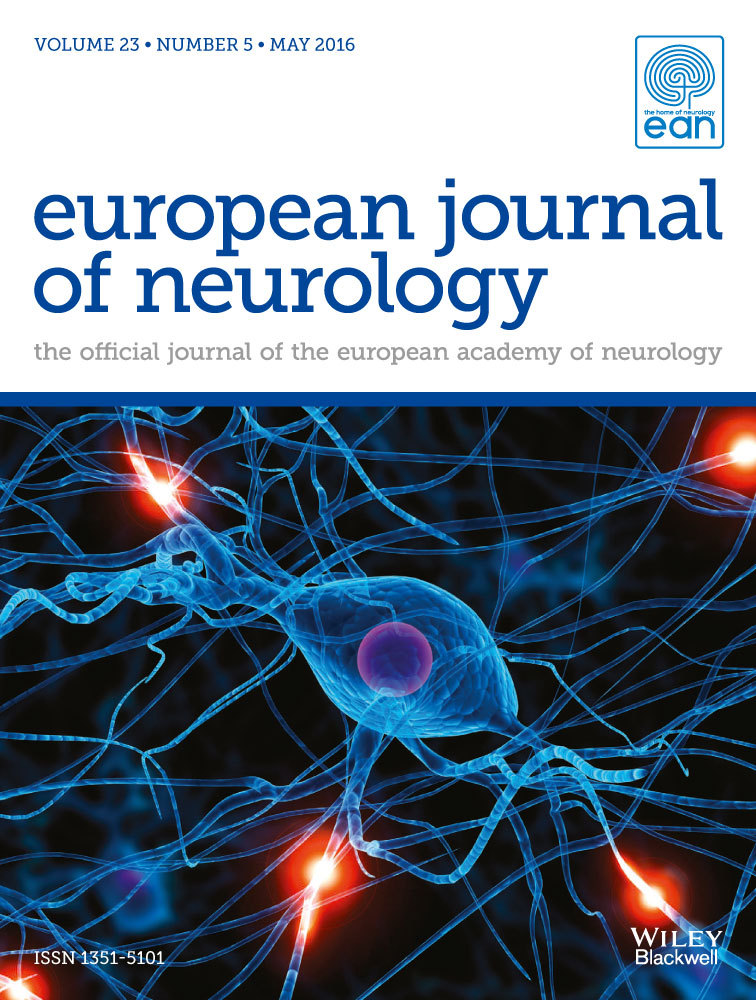The impact of non-motor symptoms on the quality of life of Parkinson's disease patients: a longitudinal study
Abstract
Background and purpose
Non-motor symptoms (NMSs) are common amongst patients with Parkinson's disease (PD); however, little is known about their influence on the health-related quality of life (QoL) over a defined follow-up period. The study was aimed to establish the impact of NMSs on the QoL of patients with PD over a 2-year follow-up period.
Method
A total of 227 newly referred PD patients were prospectively recruited between 2013 and 2014. The Non-Motor Symptoms Scale was used to evaluate NMSs burden whilst QoL was assessed with the Parkinson's Disease Questionnaire-39 items. Motor disabilities were assessed using the Part III (motor) Unified Parkinson's Disease Rating Scale (UPDRSm).
Results
The mean age was 64.37 (10.18) years; 59.9% were males and a majority (89.0%) were ethnic Chinese. Almost 65% were unemployed and 84.6% had attained no more than secondary level of education. In the univariate analysis, total NMSs burden, age, gender, subsequent visit, Hoehn and Yahr staging, disease duration and UPDRSm score were individually predictive of change in the Parkinson's Disease Questionnaire Summary Index score from baseline to follow-up visit. However, in the multivariate analysis, total NMSs burden significantly predicted the QoL scores whilst motor scores did not. Specifically, NMS domains 2 (sleep/fatigue), 3 (mood/apathy) and 5 (attention/memory) were most significantly predictive of QoL change.
Conclusion
Unlike motor disabilities, NMSs burden, in particular sleep, mood and attention, have a significant impact on the QoL of PD patients over a 2-year follow-up period.




